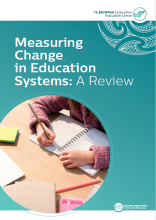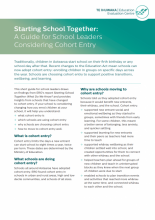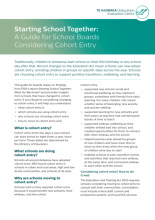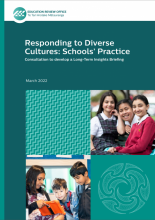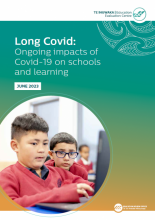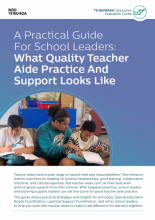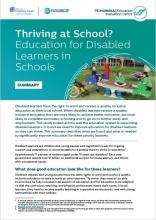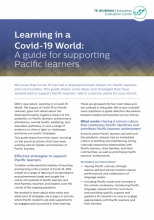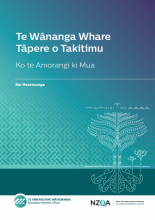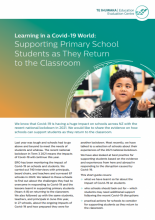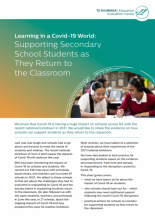A Great Start? Education for Disabled Children in Early Childhood Education: A Guide for Parents and Whānau
A quality, inclusive early childhood education is important for all children. It is especially important for children who need support to be fully included, and to learn and play alongside their peers. It helps them have better learning and life outcomes – both today and into their futures.

